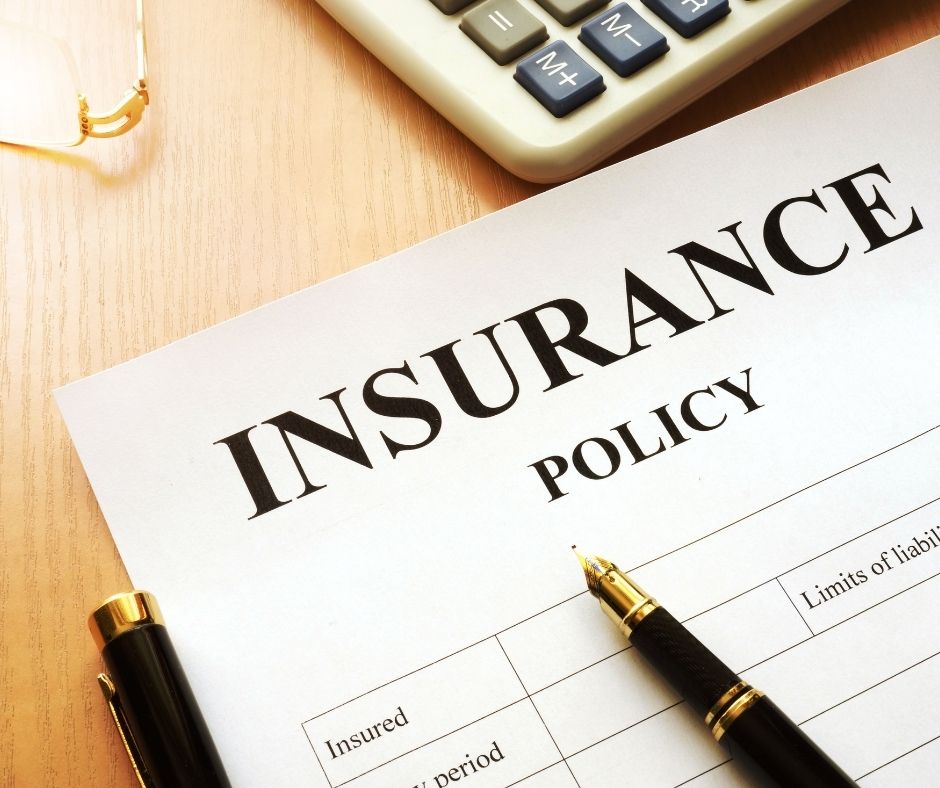high intent final expense leads
You may not need final expenses insurance if you are independent wealthy and have enough savings. You can keep an eye on funeral costs rising and stay current on expenses.
You might not be eligible if your age is 85 or higher, if you are currently hospitalized or in hospice care. Some health conditions, such as terminal illness and AIDS, may prevent you from qualifying.
Final expense insurance is a life-long policy that pays funeral expenses and medical bills when you die. It is also known as funeral insurance or burial insurance. It is a popular choice with seniors.



